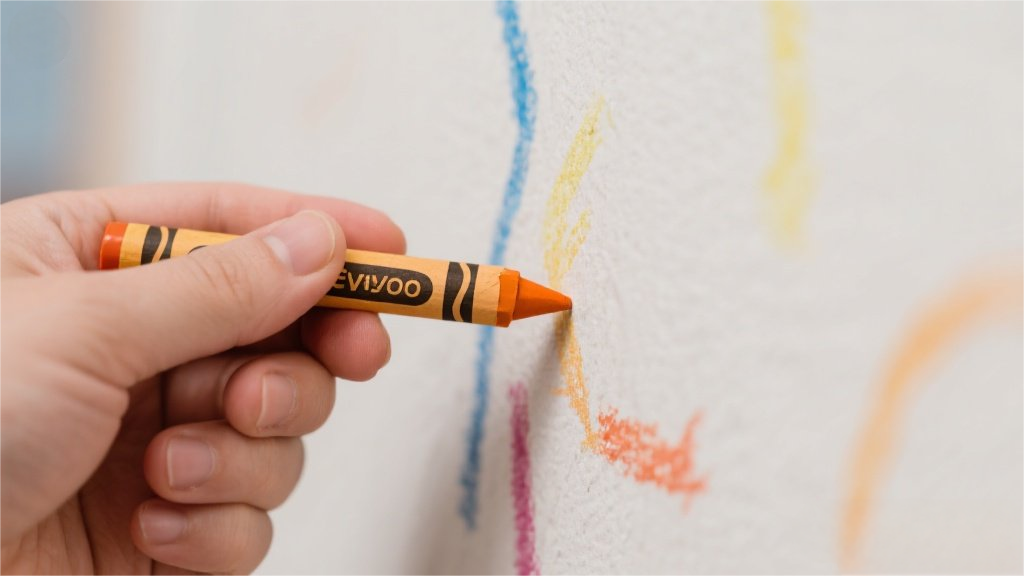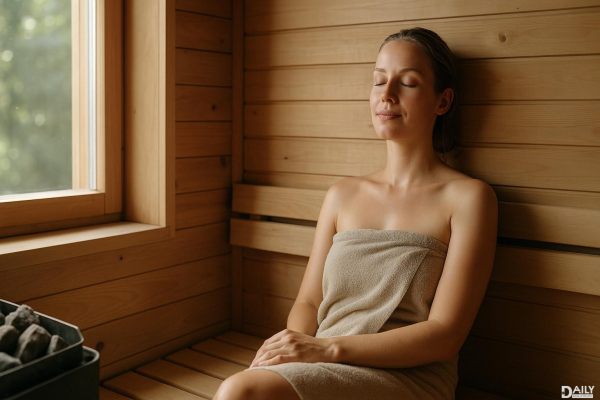If you're trying to become a morning person, the first thing you need to understand is that it's not about forcing yourself to suffer through groggy 5 AM alarms—it's about rewiring your habits to make early rising feel natural (and maybe even enjoyable). Sure, some people are genetically wired to thrive at dawn, but for the rest of us? It's a skill, not a personality trait. And like any skill, it takes practice, strategy, and a little bit of self-awareness to master.
The Science Behind Morning People vs. Night Owls
Your internal clock—aka your circadian rhythm—isn’t just a fancy term sleep scientists throw around. It’s the biological programming that dictates when you feel alert and when you crash. Some people’s clocks are set to sunrise mode by default; others run on vampire time. Genetics play a role, but so do lifestyle factors like light exposure, meal timing, and even social habits. The good news? Research shows that with consistent adjustments, most people can shift their natural wake-up time by up to two hours. The key is gradual change, not a sudden leap from midnight scroll sessions to 4:30 AM CrossFit classes.
Why Becoming a Morning Person Actually Pays Off
Beyond bragging rights, early rising has legit perks. Morning people tend to report lower stress levels, better focus in the early hours (when distractions are minimal), and even improved mood stability. There’s also the productivity boost—knocking out tasks before the rest of the world hits snooze creates a sense of momentum that carries through the day. And let’s not forget the psychological win: Starting your day with intention, rather than scrambling after lost sleep, sets a calmer tone for everything that follows.
Your Step-by-Step Game Plan for Waking Up Earlier
1. Audit Your Current Sleep Habits Before you can fix your schedule, you need to know what’s breaking it. Track your sleep for a week—note when you naturally feel tired, how often you wake up at night, and how much screen time you’re logging before bed. Apps like Sleep Cycle or even a basic journal can reveal patterns (like that 11 PM Instagram rabbit hole) sabotaging your efforts.
2. Shift Your Bedtime in Micro-Increments Trying to go to bed three hours earlier tonight? Yeah, that’s a recipe for staring at the ceiling. Instead, move your bedtime up by 15–20 minutes every few days. If you usually crash at midnight, aim for 11:45 PM for three nights, then 11:30 PM, and so on. Pair this with adjusting your alarm clock accordingly—small wins add up.
3. Hack Your Light Exposure Light is your body’s most powerful cue for wakefulness. Open your curtains as soon as you wake up, or invest in a sunrise alarm clock that mimics dawn. At night, ditch blue light (phones, laptops, TV) at least an hour before bed. If you must use devices, enable night mode or wear blue-light-blocking glasses—they’re not just a TikTok trend.
4. Design a Morning Routine You’ll Actually Enjoy If your only AM activity is chugging coffee while dreading your commute, no wonder you hate waking up. Build rewards into your routine: a 10-minute dance party to your favorite playlist, a gourmet breakfast, or even silent reading time before the chaos begins. The more you associate mornings with pleasure, the easier it gets to leave your cozy bed.
Common Pitfalls (And How to Avoid Them)
The Weekend Sleep-In Trap Sleeping until noon on Saturday feels amazing… until Sunday night when you’re wide-eyed at 2 AM. Try to keep your wake-up time within an hour of your weekday schedule—your future self will thank you.
The Caffeine Overload That 3 PM latte might be propping you up now, but it’s also pushing your bedtime later. Cut off caffeine by early afternoon, and swap it for hydration or herbal tea.
The "I’ll Just Power Through" Myth Skipping sleep to "adjust faster" backfires every time. Exhaustion tanks self-control, making it harder to resist late-night snacks or Netflix binges. Prioritize full sleep cycles (7–9 hours) even as you shift your schedule.
When to Call in Reinforcements
If you’ve tried everything and still feel like a zombie by noon, it might be time to consult a sleep specialist. Conditions like insomnia, sleep apnea, or delayed sleep phase disorder can interfere with even the best-laid plans. A pro can help rule out medical issues and tailor a strategy to your biology.
Becoming a morning person isn’t about punishing yourself into productivity—it’s about aligning your habits with the life you want to lead. Start small, stay consistent, and remember: Every early riser was once hitting snooze until the last possible minute.
























